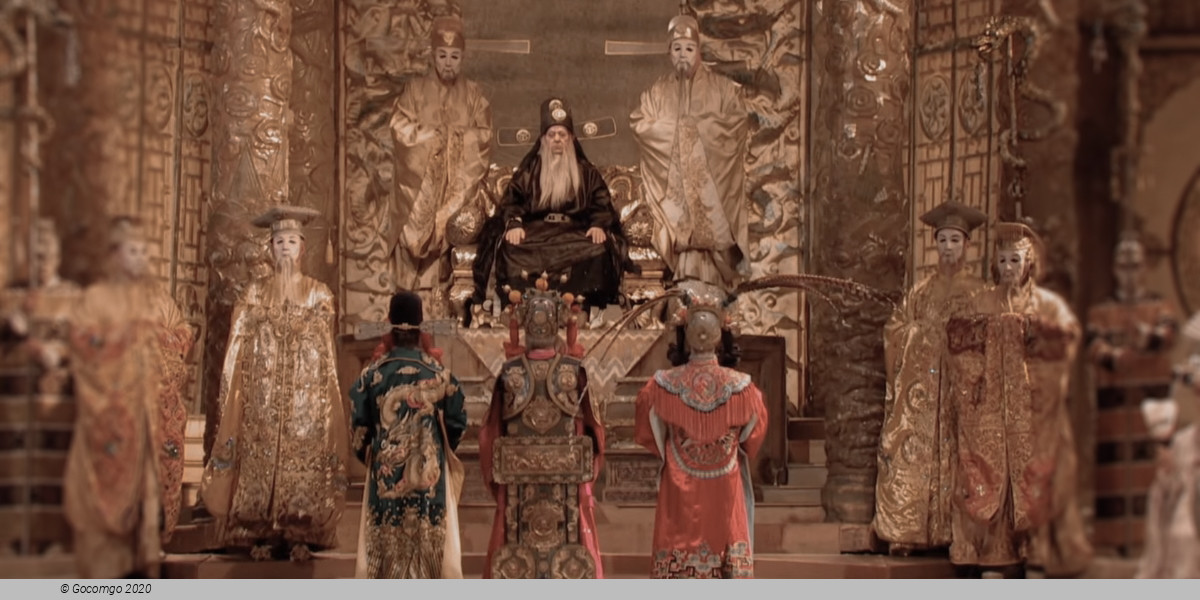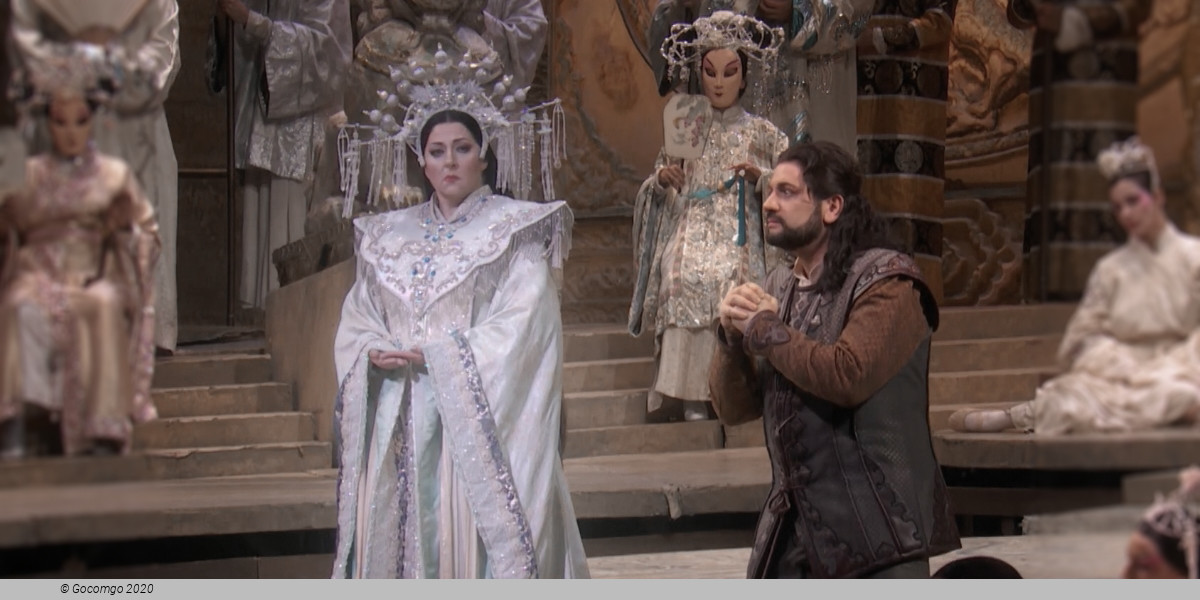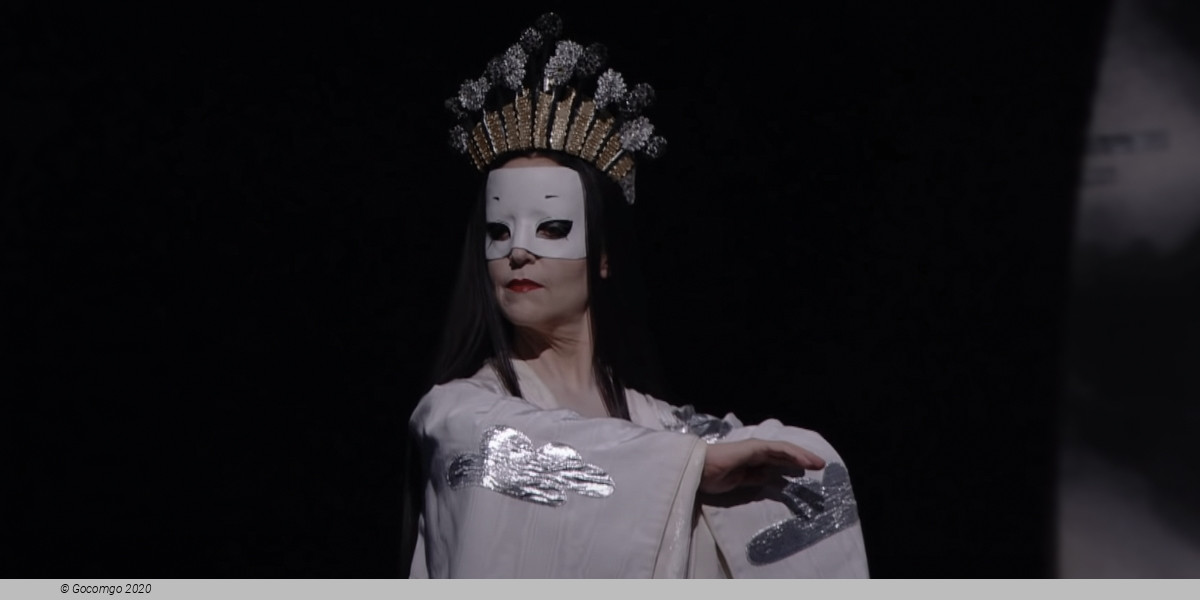Events36 results
About
Carlo, Count Gozzi (13 December 1720 – 4 April 1806) was an Italian playwright and champion of Commedia dell'arte.
Early life
Gozzi was born and died in Venice; he came from a family of minor Venetian aristocracy, the Tiepolos. At a young age, his parents were no longer able to support him financially, so he joined the army in Dalmatia. Three years later, he had returned to Venice and joined the Granelleschi Society. This society was dedicated to the pursuit of preservation of Tuscan literature from the influence of foreign culture; it was particularly interested in saving traditional Italian comedy such as Commedia dell'arte.
Works
Pietro Chiari and Carlo Goldoni, two Venetian writers, were moving away from the old style of Italian theatre, which threatened the work of the Granelleschi Society. In 1757 Gozzi defended Commedia dell'arte by publishing a satirical poem, La tartana degli influssi per l'anno 1756, and in 1761, in his comedy based on a fairy tale, The Love for Three Oranges or Analisi riflessiva della fiaba L'amore delle tre melarance, he parodied Chiari and Goldoni. To perform his play, he obtained the services of the Sacchi company of players, a Commedia dell'arte troupe who had been out of work due to the dwindling interest in Commedia dell'arte after Chiari and Goldoni's efforts. Their satirical powers thus sharpened by personal vendetta, the play was an extraordinary success, and Gozzi donated his play and the rest of his fairy tales to Sacchi's troupe, which in effect saved the company. While some have called Gozzi the saviour of Commedia dell'arte there has been much debate due to the fact that Gozzi wrote out all his scripts and traditional Commedia dell'arte is mainly improvised.
Struck by the effect produced on the audience by the introduction of the supernatural or mythical element, which he had merely used as a convenient medium for his satirical purposes, Gozzi produced a series of dramatic pieces based on fairy tales. These were hugely popular, but after Sacchi's company disbanded, they were unjustly neglected. Gozzi's fairy tales drew influence from Commedia dell'arte, and the popularity of them caused a revival of Commedia dell'arte in Italy. These fairy tales were much praised by Goethe, Schlegel brothers, Hoffmann, Madame de Staël, Sismondi and Ostrovsky. One of them, Turandot or La Turandotte, was translated by Friedrich Schiller and staged by Goethe in Weimar in 1802 with great success. Gozzi was acclaimed throughout most of Europe, but was less esteemed in his own homeland.
In the last years of Gozzi's life he had begun to experiment by producing tragedies with largely comical influences, but these endeavors were met with harsh critical response. He then began to work in Spanish drama, and found minor success before his death. He was buried in the church of San Cassiano in Venice.




